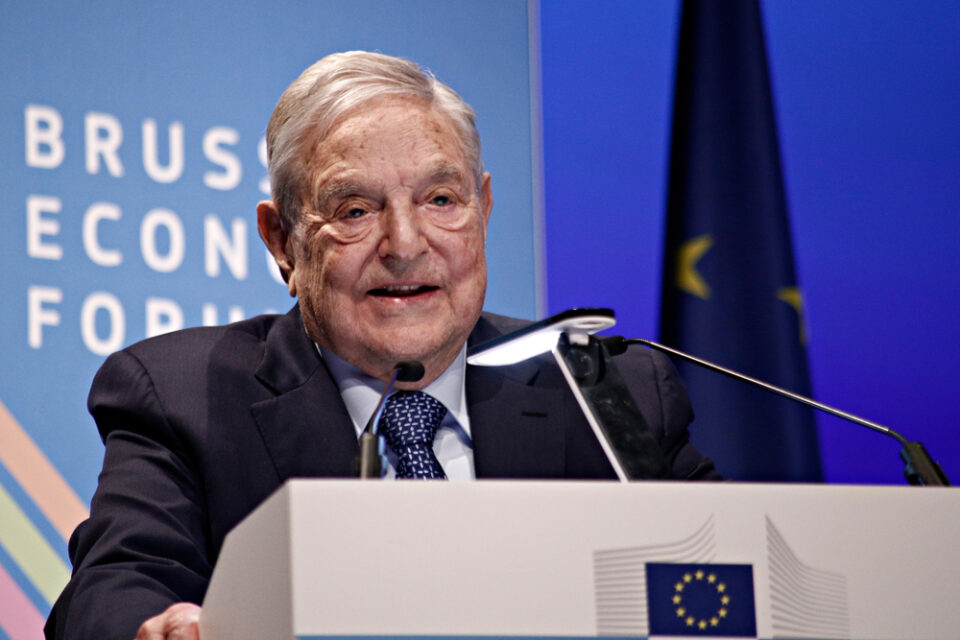The U.S. House Oversight Committee is raising eyebrows over the Federal Communications Commission’s (FCC) apparent rush to approve billionaire George Soros’s acquisition of several American radio stations through Audacy Inc. The speed with which the FCC has greenlit this purchasing spree is drawing some serious questions about whether the agency is playing fair or bending over backward for a Democratic megadonor. FCC Commissioner Brendan Carr didn’t mince words when he told Congress that the FCC is skipping its usual process. According to Carr, there’s a specific rule for transactions involving more than 25 percent foreign ownership, but it seems the FCC is going out of its way to make an exception for Soros.
House Oversight Chair James Comer and Rep. Nick Langworthy have written to FCC Chairwoman Jessica Rosenworcel, expressing their concerns about what looks like blatant favoritism. The letter questions why the FCC seems to be rushing through this approval just in time for the upcoming November elections. It doesn’t take a political genius to see the problem here. The timing alone has raised suspicions that this fast-track approval is more about boosting Soros’s influence over American media ahead of a major election than about any sound business decision.
Soros, of course, isn’t your average investor. He’s the same Hungarian-born figure who was convicted of insider trading in Europe and has poured millions into Democratic causes and candidates over the years. So it’s no surprise that the FCC’s Democratic commissioners are the ones who gave his radio empire the green light. The dots aren’t that hard to connect. The fact that Soros is involved in this media grab is enough to make anyone skeptical about the true motives behind the FCC’s expedited approval.
For a regulatory body like the FCC, which is supposed to operate with impartiality, this whole situation reeks of political favoritism. When a billionaire with clear political ties to the Democratic Party is able to swoop in and take control of hundreds of radio stations just before an election, people are right to be concerned about media influence and bias. It’s hard to see this as anything other than the FCC playing political games and doing a favor for one of its biggest supporters.
All this raises a broader issue about the integrity of the media landscape in the U.S. If the FCC is willing to bend its own rules to accommodate a major political player like Soros, what does that say about the agency’s commitment to fairness and transparency? At the very least, it suggests that the FCC is willing to blur the lines when it suits certain powerful interests. And that’s something that should concern anyone who values an unbiased media.
Today, the FCC released the text of its 3-2 decision to allow a group backed by Dem megadonor George Soros to purchase 200+ radio stations.
— Oversight Committee (@GOPoversight) September 30, 2024
Rep. Langworthy (@RepLangworthy) and FCC Commissioner Carr (@BrendanCarrFCC) explain how this rushed vote is unprecedented. pic.twitter.com/3JTvrPaYhL

